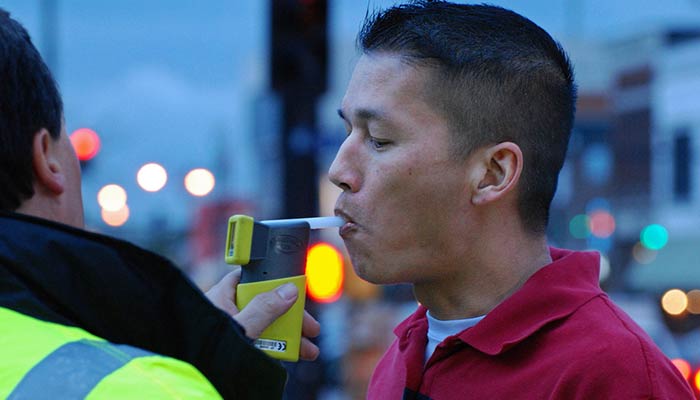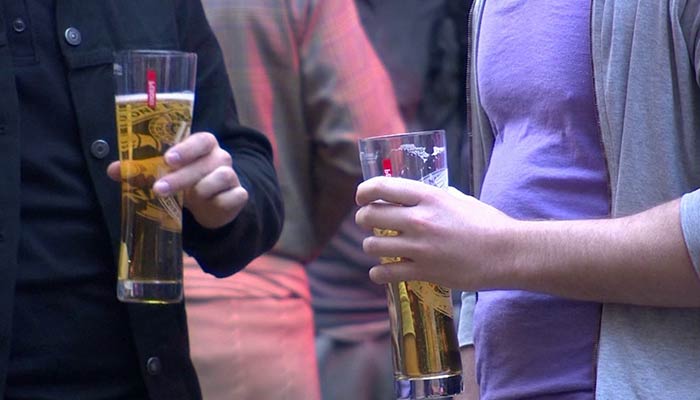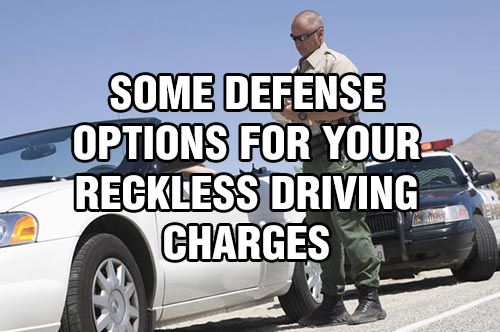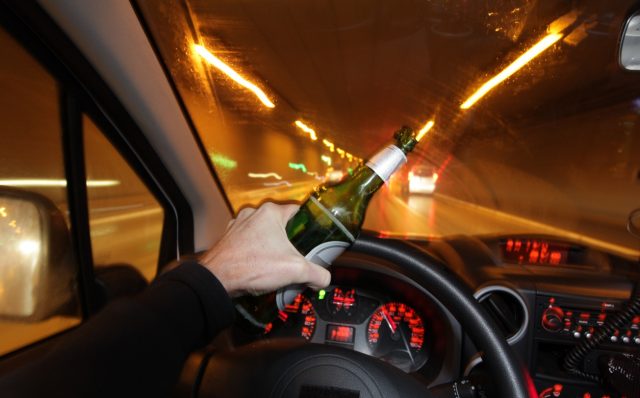When a person is convicted or pleads guilty of driving under influence of substances (Driving Under Influence [DUI] or Driving While Intoxicated [DWI]), the legal appropriate punishment is determined in the sentencing phase.
The person driving under influence can be imposed different penalties as the person found guilty of DUI, such as, for example:
- Incarceration in jail (short-term). In many states, offenders who commit the crime for the first time may be deprived of his freedom for a brief period in prison; however, several states penalize heavily those who commit this crime for the first time, and imposed other penalties that are listed here.
- Incarceration in prison (long-term). Could receive tougher penalties offenders who recidivate into crimes of DUI, are convicted for DUI offenses aggravated or have committed crimes of DUI and caused injury or death to another person.
- Suspension or revocation of the license. Many states suspend the license of a driver is drunk, even if it is the first time that he commits the crime. The duration of a suspension or revocation of the license varies widely depending on the jurisdiction and the nature of the crime.
- Use of ignition interlock devices (Ignition Interlock Devices, IID). In many states, after committing a DUI offense, laws allow or require the use of these devices (which block the ignition of a car to provide a breath sample without alcohol).
- Seizure of vehicles. In some states, laws allow or require confiscation of the vehicle of those who will recidivate in DUI offenses.
- Education on drug/alcohol and rehabilitation. Many states require or allow the completion of programs of information or courses on drugs or alcohol before you restore the driving license of those who committed a DUI offense.
- Community service. A sentencing judge can impose different types of community service to those who commit a DUI offense.
- Probation. Probation is an alternative to incarceration and is a period of time in which the defendant has certain restrictions and requirements, such as perform community service and have a restricted license.
- Bracelets SCRAM. As a penalty, or when the offender is under probation, some jurisdictions allow the use of these bracelets to ankle that monitor the level of alcohol.
- Suspended Sentences. These penalties go into effect if you violate the conditions of probation.
The penalties for driving under influence are generally issued immediately after a DUI conviction, and the sentencing judge receives input from the prosecutor and the defence in some cases. The judge will consider punishments and sentences that are identified in applicable Vehicle or Penal Code statutes, and the different factors that are specific to each step, among others:
- Criminal history and record of DUI offenses the defendant
- Impact of DUI on victims (that is to say, if you caused injury or death)
- Personal circumstances, economic and social of the accused
- Expression of repentance or remorse on the part of the defendant driving under influence
Consult A Lawyer who Specializes in DUI
If you or a family member is arrested for DUI, you may need the services of a lawyer who specializes in DUI. A lawyer who specializes in defending charges of driving under influence will evaluate all of the evidence, including the procedure and results of field sobriety tests and chemical substances, to ensure protection of their rights. In addition, it is important to speak with an attorney familiar with the laws of your jurisdiction. Most offer free consultations, so your first step should be to contact a lawyer who specializes in DUI.










